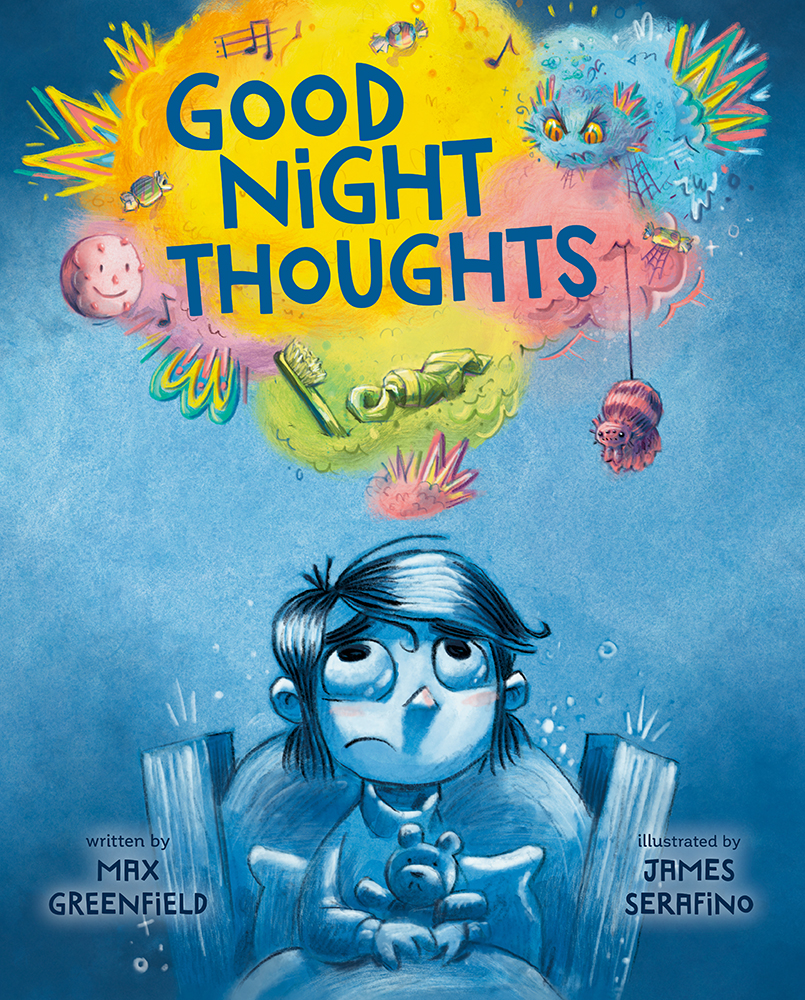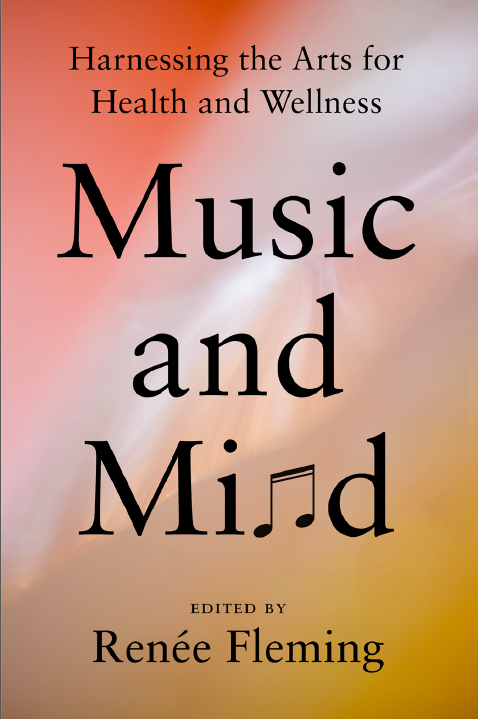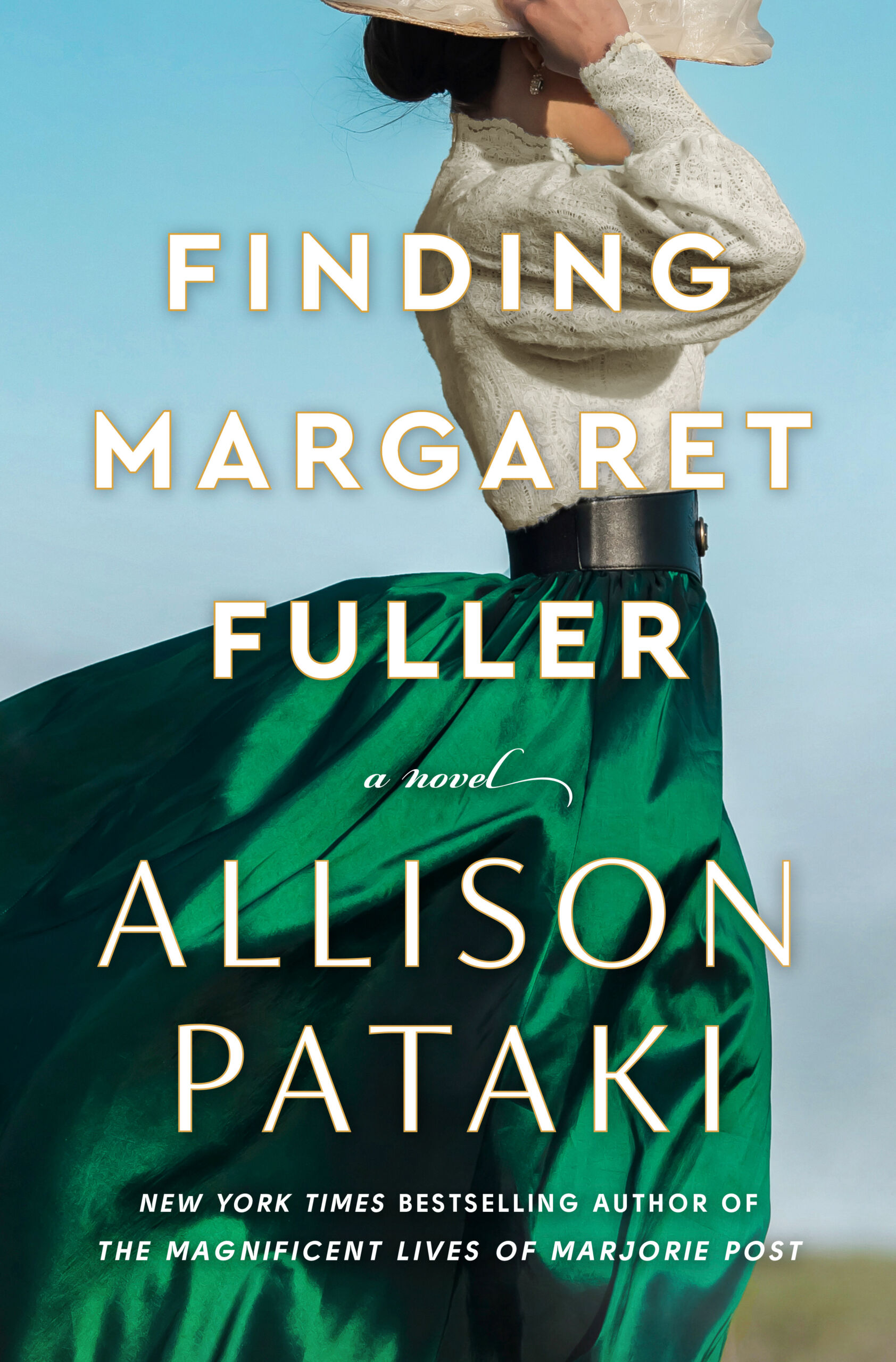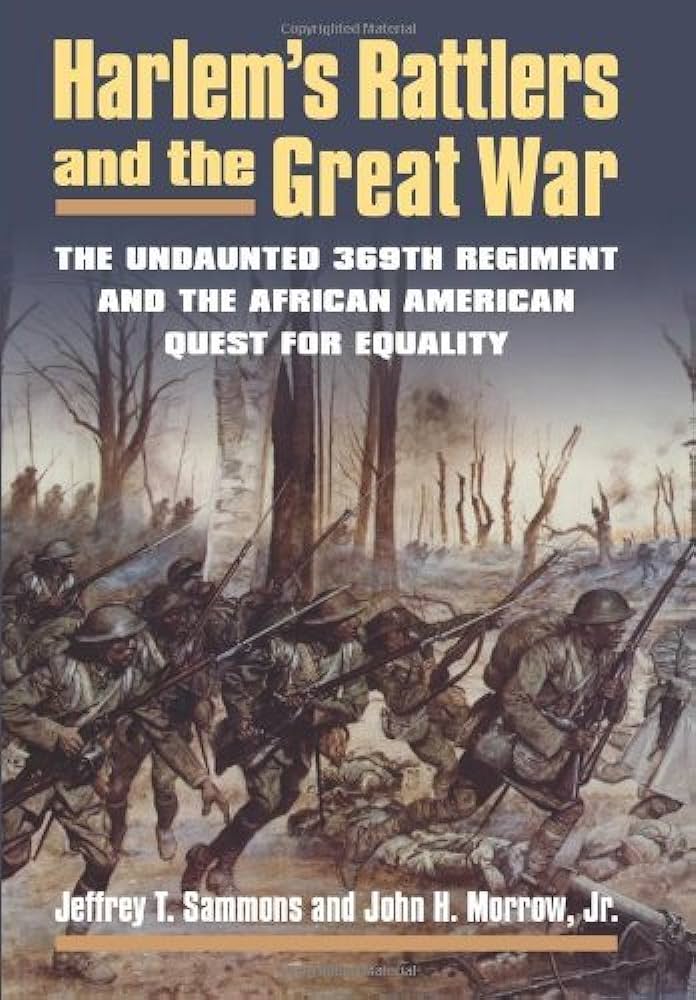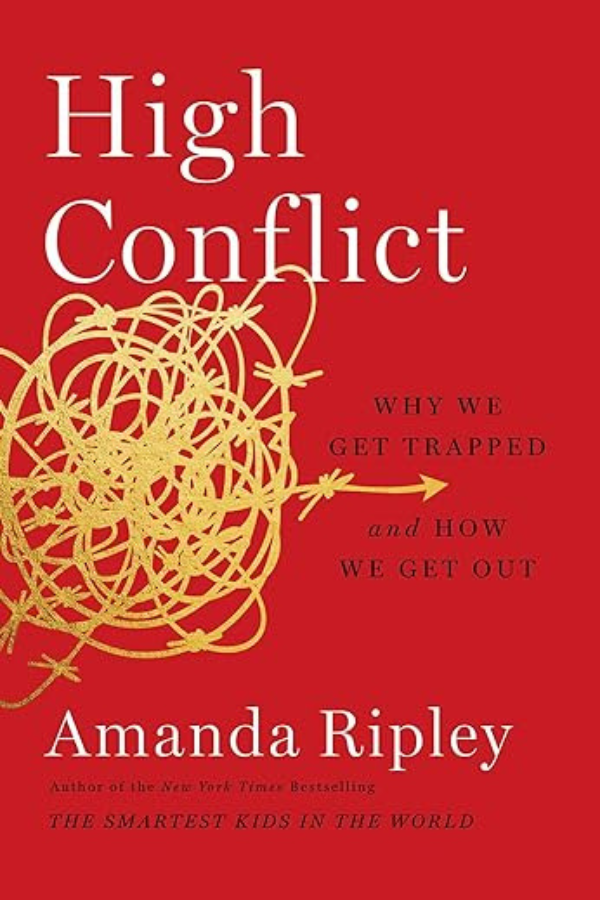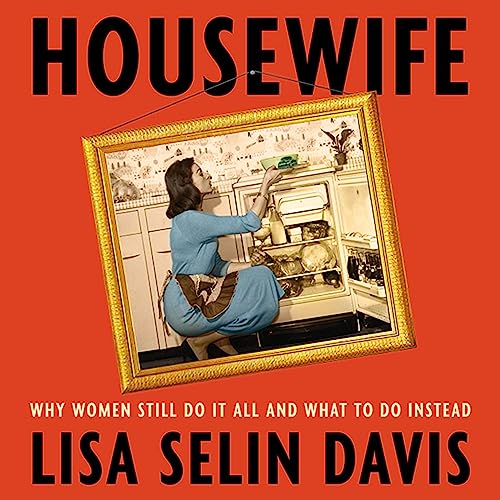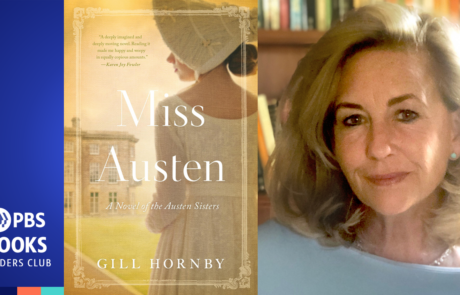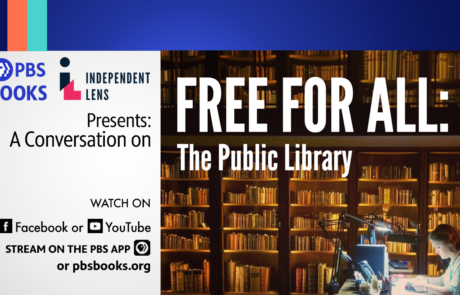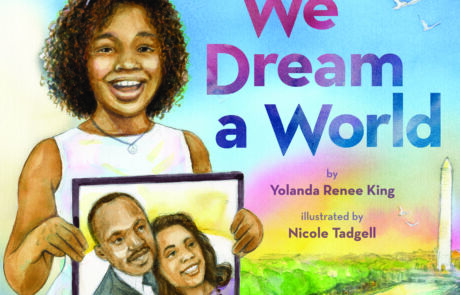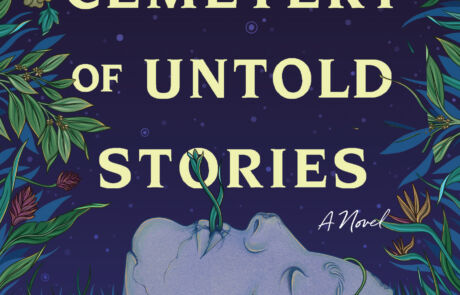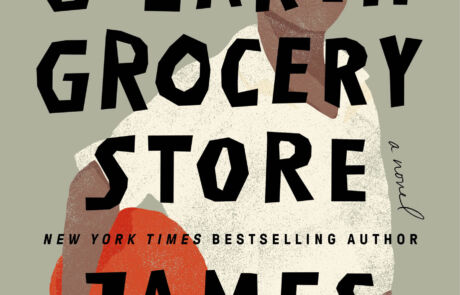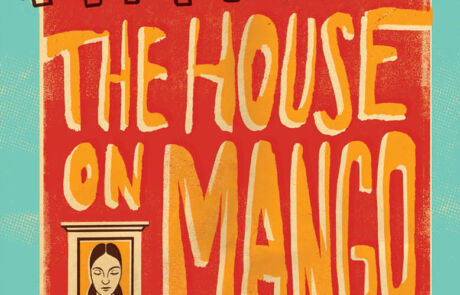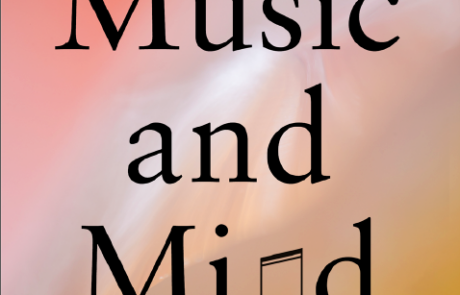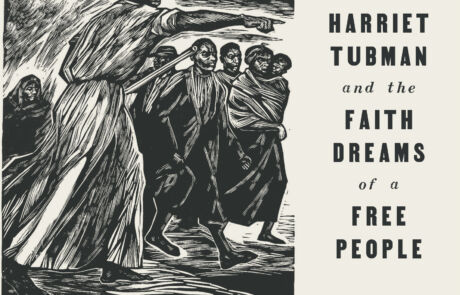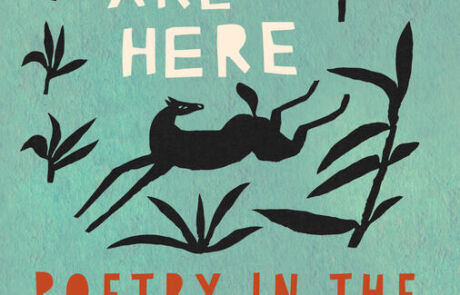Music and Mind
A compelling and growing body of research has shown music and arts therapies to be effective tools for addressing a widening array of conditions, from providing pain relief and alleviating anxiety and depression to regaining speech after stroke or traumatic brain injury, and improving mobility for people with disorders that include Parkinson’s disease and MS.
In Music and Mind Renée Fleming draws upon her own experience as an advocate to showcase the breadth of this booming field, inviting leading experts to share their discoveries. In addition to describing therapeutic benefits, the book explores evolution, brain function, childhood development, and technology as applied to arts and health.
Much of this area of study is relatively new, made possible by recent advances in brain imaging, and supported by the National Institutes of Health, major hospitals, and universities. This work is sparking an explosion of public interest in the arts and health sector.
Fleming has presented on this material in over fifty cities across North America, Europe, and Asia, collaborating with leading researchers, policy-makers, and practitioners. With essays from notable musicians, writers, and artists, as well as leading neuroscientists, Music and Mind is a groundbreaking book, the perfect introduction and overview of this exciting new field.

